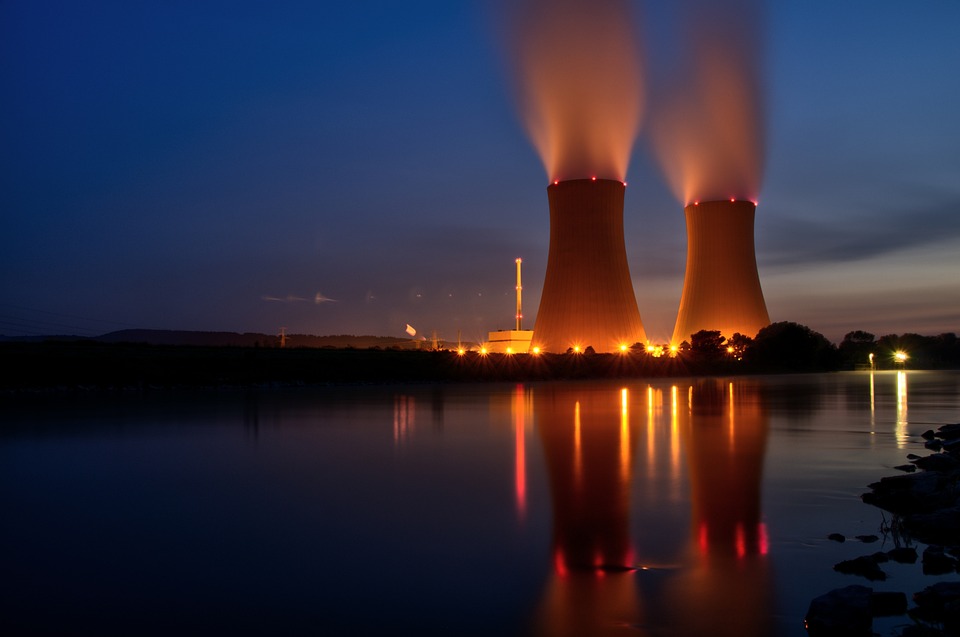Exploring the Benefits and Risks of Nuclear Energy
The Benefits of Nuclear Energy
Nuclear energy has long been a controversial topic, with proponents and opponents presenting strong arguments for and against its use. However, there are several undeniable benefits associated with nuclear energy that cannot be ignored.
One of the most significant benefits of nuclear energy is its low environmental impact compared to traditional fossil fuels. Nuclear power plants do not produce greenhouse gases or air pollutants during operation, making them a cleaner energy source. This is especially important in the fight against climate change, as reducing emissions from power generation is crucial to mitigating its effects.
Another benefit of nuclear energy is its reliability and efficiency. Nuclear power plants can operate continuously for long periods of time, providing a stable source of electricity to meet the demands of consumers. This is in contrast to renewable energy sources like solar and wind, which are dependent on weather conditions and may not always be available when needed.
Additionally, nuclear energy has the potential to reduce reliance on foreign sources of energy. By diversifying the energy mix with nuclear power, countries can enhance their energy security and reduce the risk of disruptions in supply. This is particularly important for nations that are heavily reliant on imported oil and gas for their energy needs.
The Risks of Nuclear Energy
While there are clear benefits to nuclear energy, it is important to acknowledge the potential risks associated with its use. Perhaps the most significant risk is the possibility of a nuclear accident, such as the infamous Chernobyl disaster in 1986. In the event of a meltdown or other catastrophic failure, radioactive materials can be released into the environment, leading to serious health and environmental consequences.
Another risk of nuclear energy is the issue of nuclear waste management. Radioactive waste produced by nuclear power plants remains hazardous for thousands of years and must be carefully stored and handled to prevent harm to humans and the environment. Finding suitable disposal sites for nuclear waste is a major challenge facing the nuclear industry.
There is also concern about the proliferation of nuclear weapons, as the technology used in nuclear power plants can be repurposed for military purposes. This presents a security risk, as the spread of nuclear weapons could lead to increased global tensions and the potential for nuclear warfare.
Conclusion
In conclusion, nuclear energy has both benefits and risks that must be carefully weighed when considering its use as a source of power. While nuclear energy offers a clean and efficient alternative to fossil fuels, it also presents challenges in terms of safety, waste management, and security. It is essential that the industry continues to prioritize safety and regulatory oversight to minimize the risks associated with nuclear energy.
Ultimately, the decision to utilize nuclear energy should be based on a thorough assessment of its benefits and risks, taking into account the specific needs and circumstances of each country. With proper planning and safeguards in place, nuclear energy can play a valuable role in the transition to a more sustainable and secure energy future.
